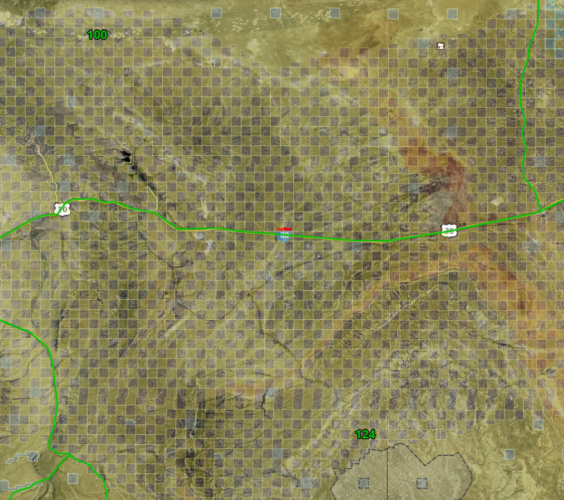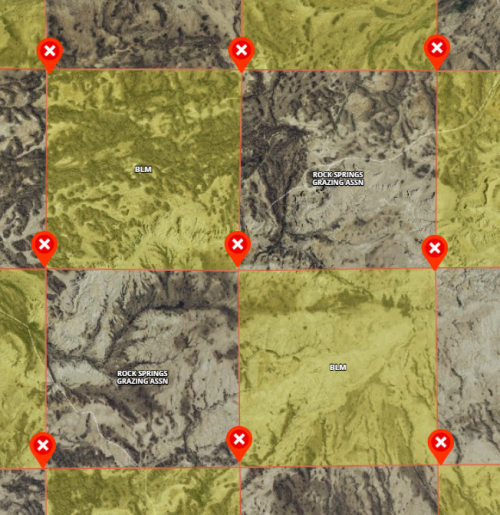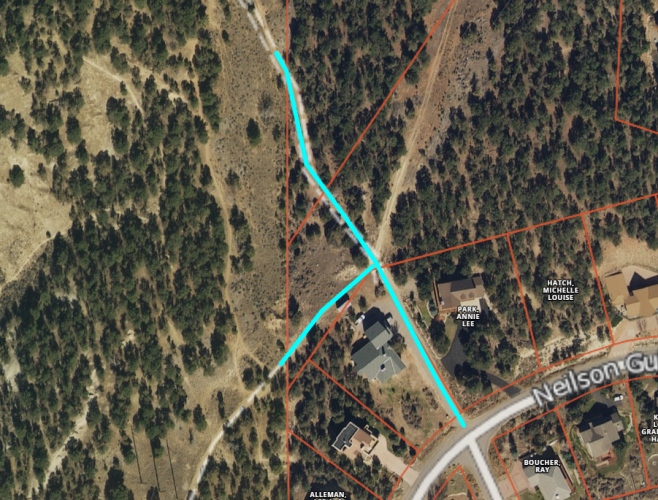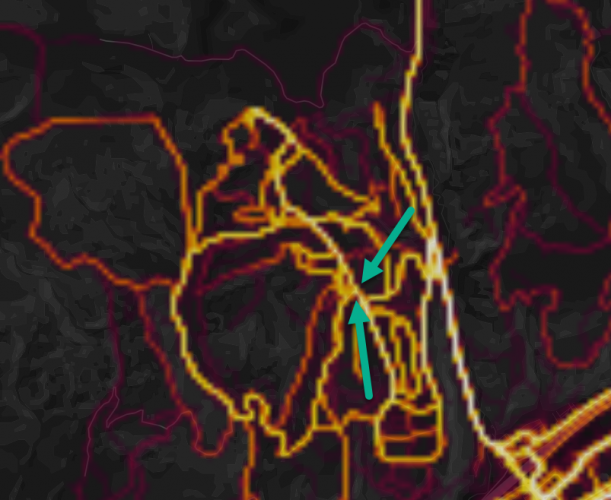Dakotakid
Well-known member
- Joined
- Dec 13, 2014
- Messages
- 826
Sportsman do not have the political clout to eat the whole elephant.
Is corner crossing a articulatable solution?
How many specific corners are need to open “locked” public lands?
Claiming prescriptive easements for a Kardasian crossing people’s lawns is not going to grow public opinion or support.
Is corner crossing a articulatable solution?
How many specific corners are need to open “locked” public lands?
Claiming prescriptive easements for a Kardasian crossing people’s lawns is not going to grow public opinion or support.









